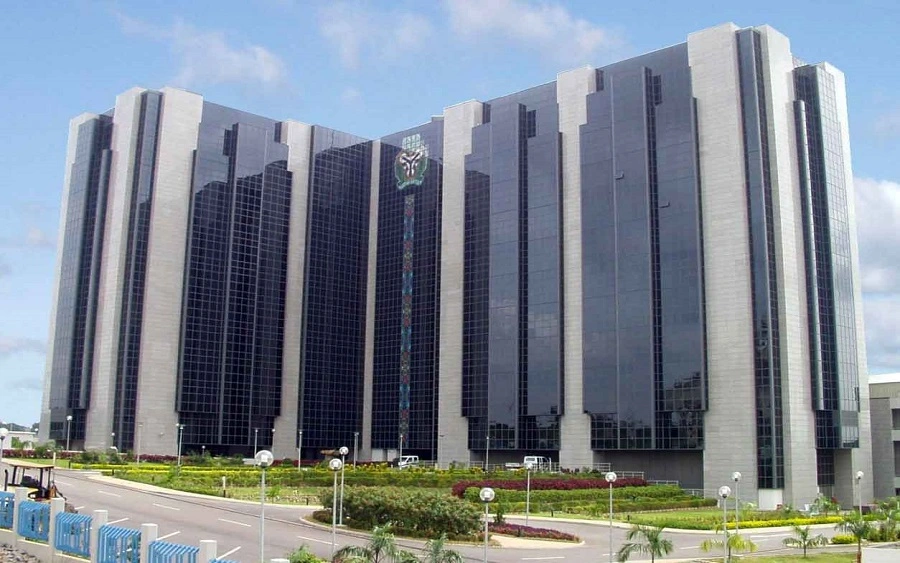The Monetary Policy Committee of the Central Bank of Nigeira (CBN) recently released the personal statements of its members at the end of its last meeting held in July, with the Nigerian banking industry given a clean bill of health.
Despite the global financial constraints and economic headwinds in the country stirred by rising inflation as well as security challenges the Nigerian banking industry has so far remained resilient with the acting Governor of the CBN, Folashodun Shonubi noting that the Financial Soundness Indicators (FSIs) of the banking system remains stable and strong.
The Capital Adequacy Ratio (CAR)of the Nigerian banking industry stood at 11.2 per cent, with Non-Performing Loans (NPLs) ratio standing at 4.1 per cent while Liquidity Ratio (LR) was at 48.4 per cent, as at end June 2023.
In his statement, CBN deputy governor, Edward Adamu, whilst stating that it is comforting that the banking system continues to be resilient, said it may however be too early to judge the impact of recent economic developments on the industry financial soundness indicators (FSIs).
Stating that preserving the stability of the system continues to be a key priority on its own, and for effective transmission of monetary policy impulses, he noted that the recent wave of banking system troubles in the United States and Europe as an important learning point that we could never take for granted the stability of the domestic banking system.
“Already there are warnings coming from some of the indicators like the capital adequacy ratio (CAR) which, though still within the regulatory threshold, has gravitated slowly to 11.23 per cent from 14.11 per cent a year ago. Much as the situation is not yet alarming, ignoring it could prove sub-optimal in the medium- to long-term. Slowing the pace of upward adjustment in interest rate could cushion any underlying vulnerability in the banking system.”
On his part, a member of the MPC, Adenikinju Festus, who also affirmed the resilience of the banking industry explained that CAR had declined to 11.2 per cent in June 2023 from 13 per cent in May 2023, though still within the prudential requirement of between 10 – 15 per cent.
He furthered that NPL ratio declined from 4.5 per cent in May 2023 to 4.1 per cent in April 2023 while liquidity ratio LR) rose to 48.4 per cent in June 2023, from 44.5 per cent in May 2023. This is above the minimum 30 per cent recommended by the prudential requirement.
Adenikinju noted that both the Return on Equity and Returns on Asset increased between May 2023 and Junel 2023. ROE rose from 22.8 per cent to 32.2 per cent; while ROA increased from 1.7 per cent in May 2023 to 2.3 per cent by June 2023.
Interest margins to total operating income declined from 59.8 per cent in May 2023 to 48.2 per cent in June 2023. Similarly, operating cost to total operating income declined from 70.7 per cent to 62.1 per cent between May and June 2023.
Asides these, he noted that all the measures of banking size, assets, deposits, and credits also rose, with total assets of the banking industry growing by N30.92 trillion or 47.21 per cent between end-June 2022 and 2023. Industry credit increased by N10.75 trillion or 39.73 per cent between end June 2022 and end-June 2023. Gross credit has been on an upward trajectory since 2019. Total industry deposits increased by N15.92 trillion or 37.86 per cent between the end of June 2022 and 2023.
He however stressed that the high operating cost environment of the banking sector should be concerning and needs to be addressed. “In other climes, the ratio is 23.5 per cent in Turkey, 50.6 per cent in Brazil, 41.0 per cent in Malaysia, 62.0 per cent in South Africa, 43.2 per cent in Angola, 35.2 per cent in Egypt, Kenya is 45.2 per cent and Ghana, 46.1 per cent.
The CBN acting governor, said members of the committee had noted the potential impact of the recent policy reforms on financial system stability and called on the Management to act proactively to ringfence the banking system from any possible second-round effects. The MPC, thus, urged the Bank to sustain its macro-prudential surveillance over the banking system.





